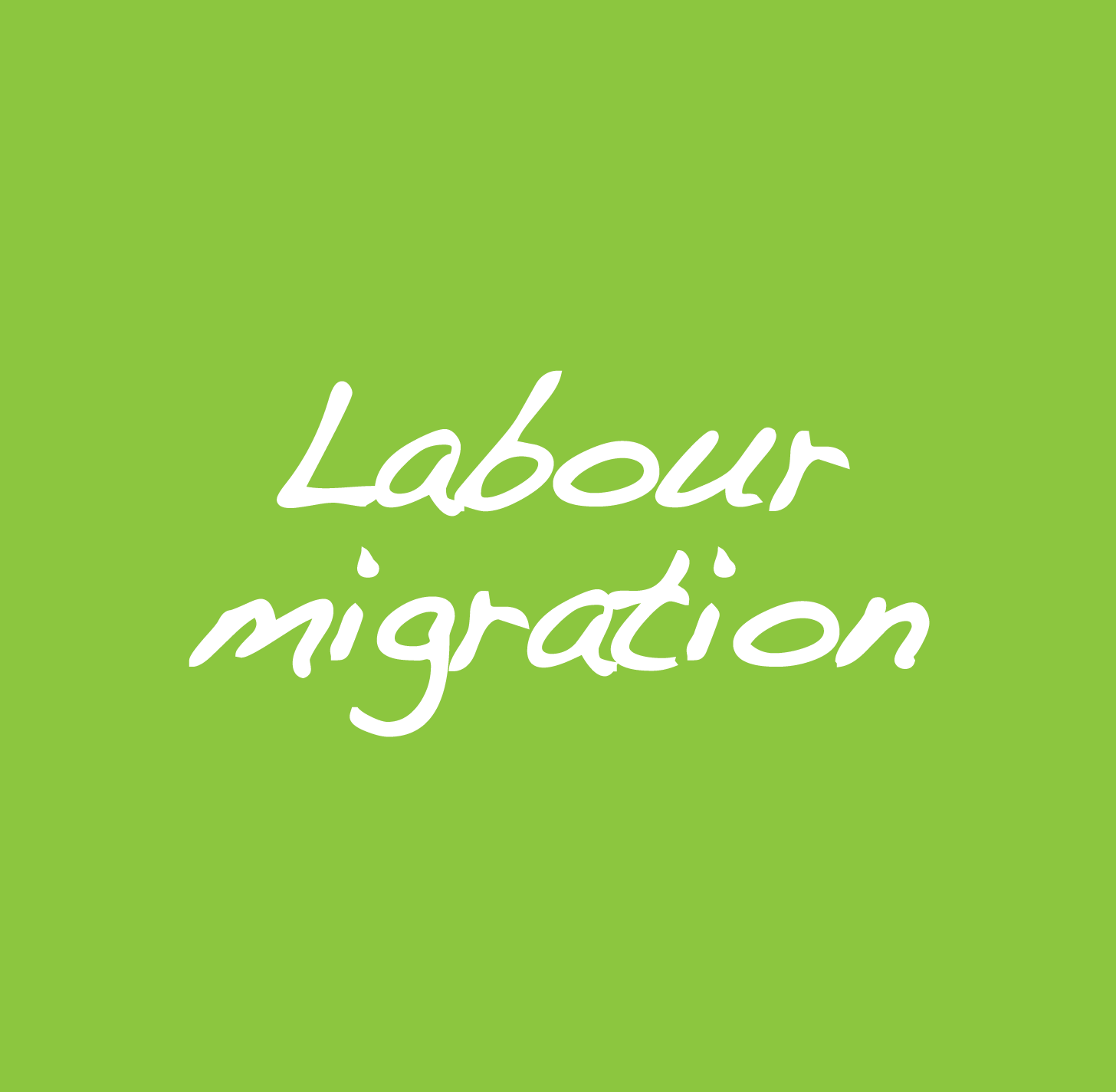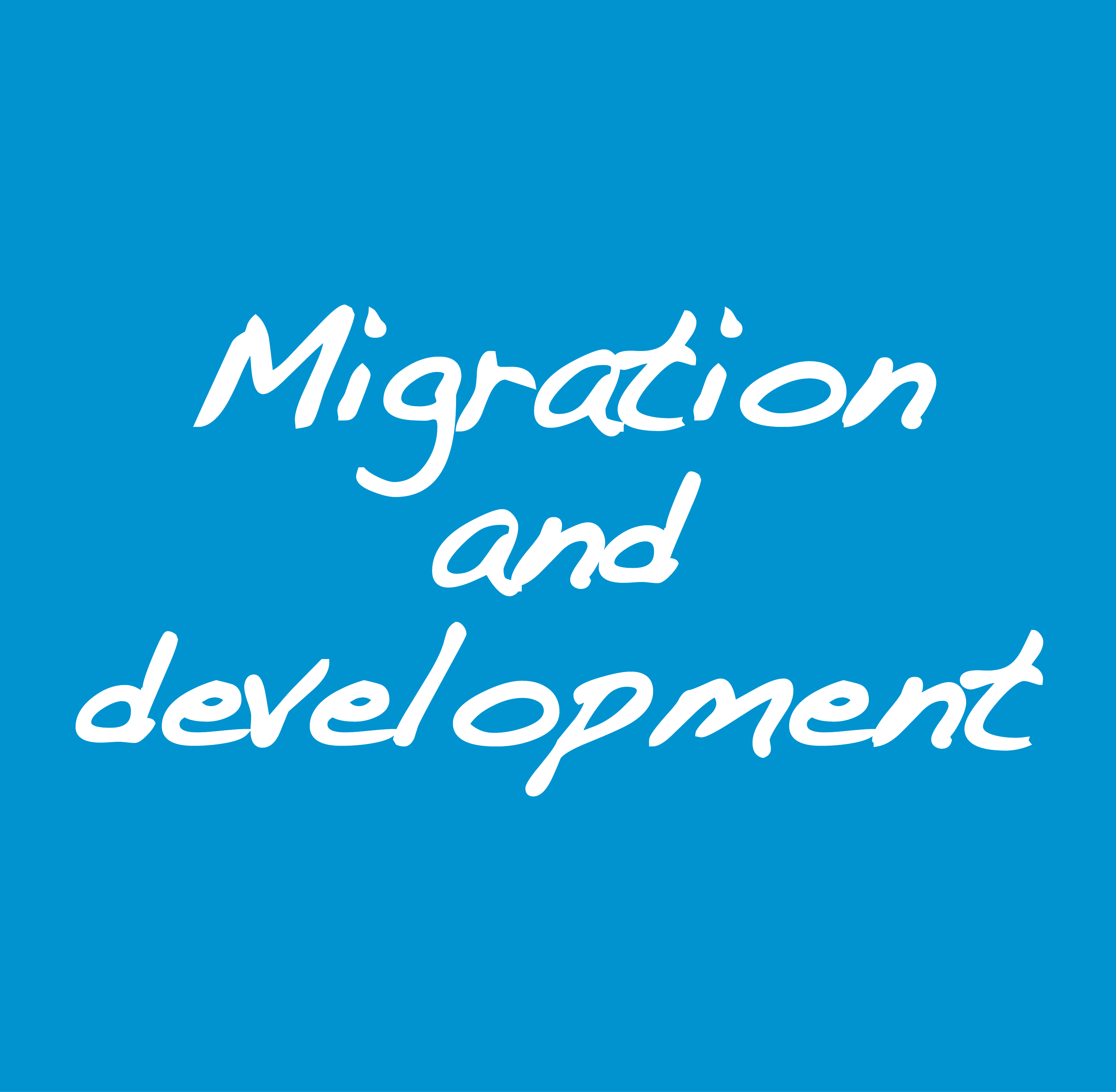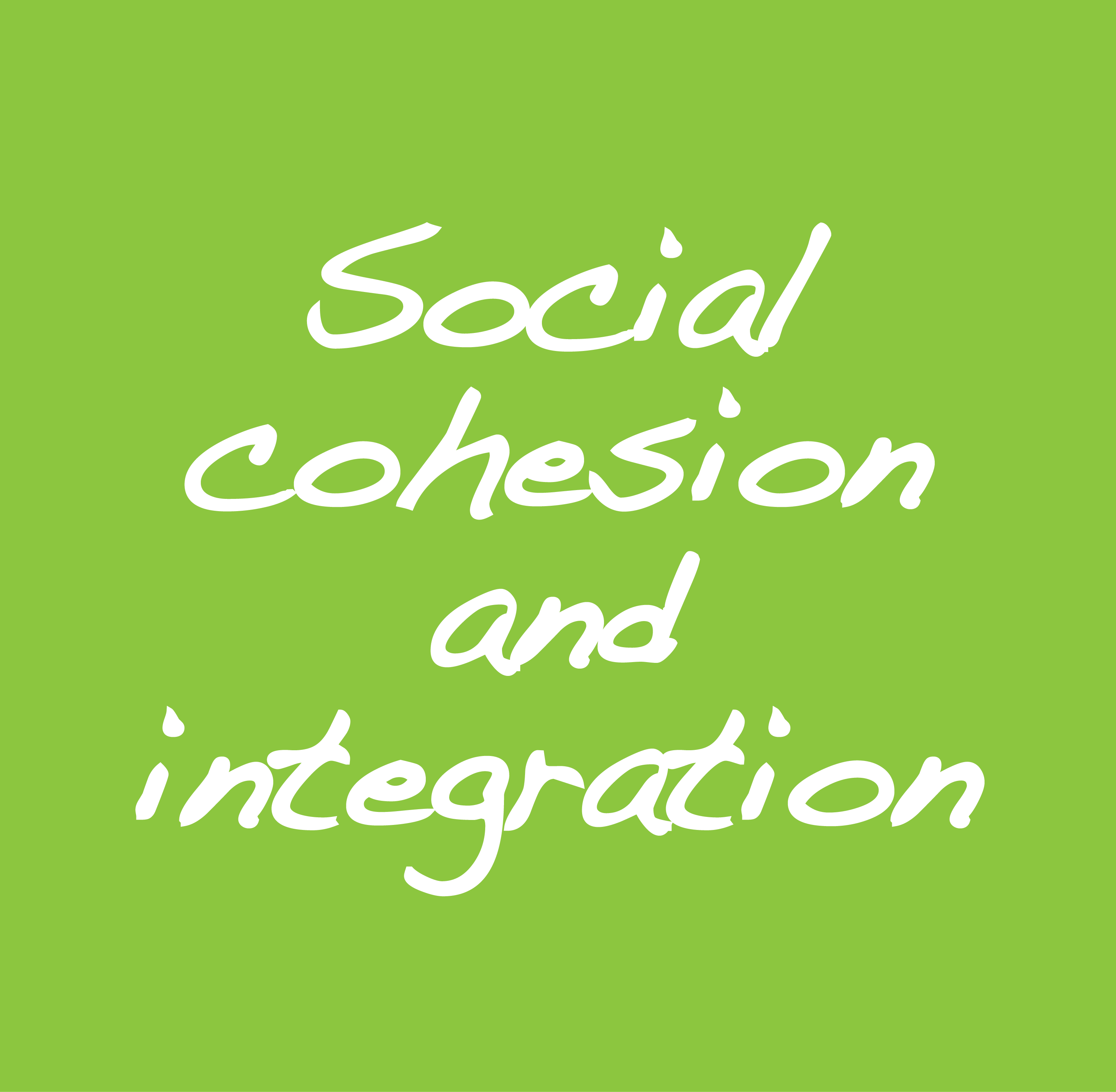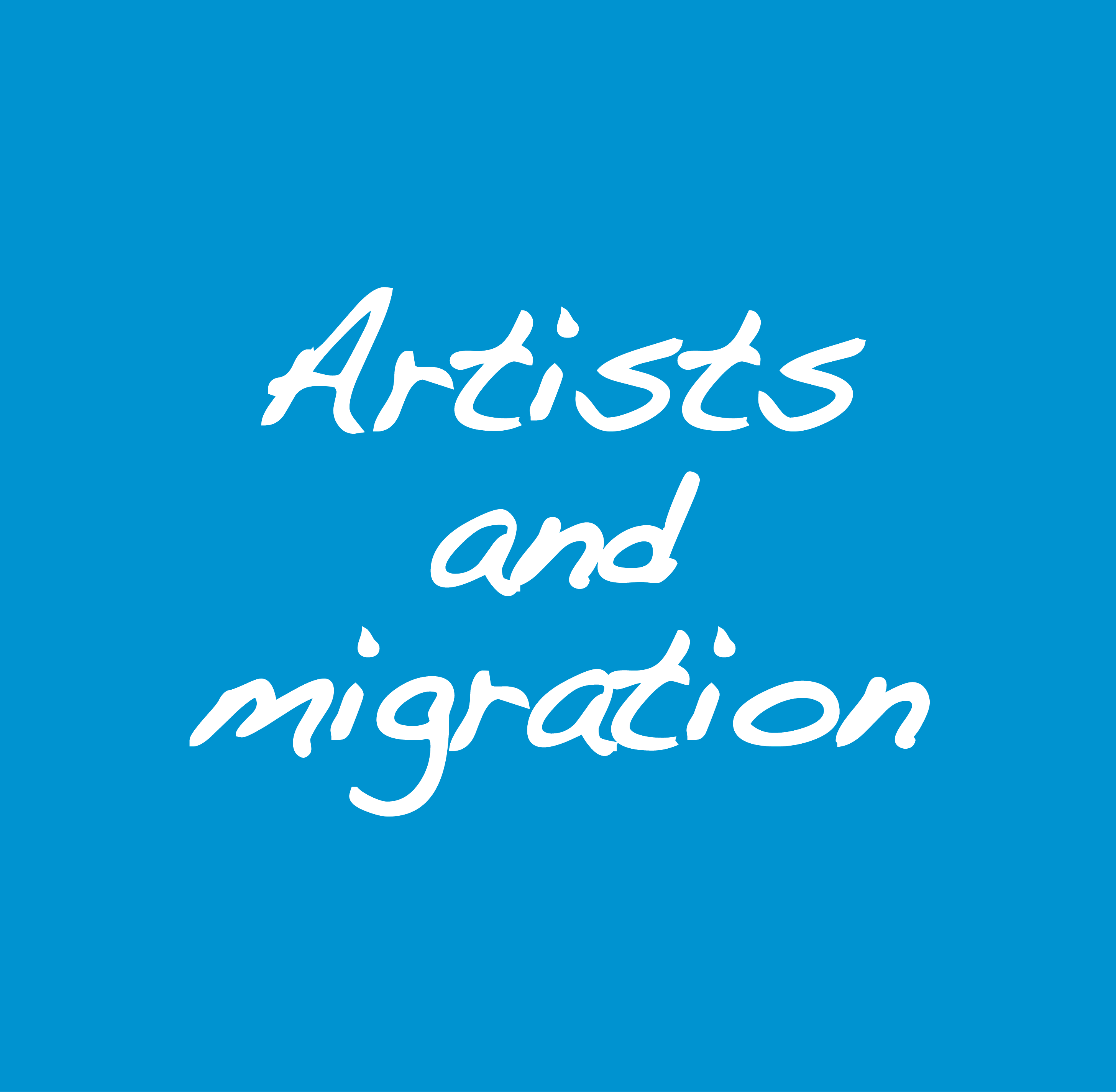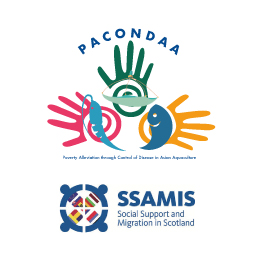1. We want to encourage the exchange of ideas and contribute to the cross-disciplinary discussions on the key contemporary issues including “deportation”, “containment”, “visibility”, “control”, “flight”, “risk”, “fear”, “management”, “resistance” and “mobility”. Mobility and migration are international phenomena and it is therefore important to develop joint multi-disciplinary approaches to understanding them by moving beyond the familiarity of one particular country. One of the key aims here is to open up invaluable opportunities to broaden research and to disseminate innovative ideas at the international stage. We are keen to learn from and compare research strategies employed in the leading centres of mobility research, to learn directly from internationally-acclaimed academics working there, as well as to forge research links with migration scholars and to network with the research pioneers in this field.
2. To ensure that policymaking is underpinned by empirical evidence about the nature and causes of migration. We are particularly keen to ensure that the research we produce is accessible to a wide range of audiences and is timely and policy-relevant. We work closely with policy makers and practitioners in Wales, the UK, Europe and beyond to raise awareness of problems and issues, analyse underlying issues, model policy impacts and evaluate policy outcomes.
3. To express mobile experiences and practices through a variety of methods. Much of the research undertaken within the Centre is embedded in the migration experience and focuses on the ways in which the realities of national and international migration (for migrants, the communities from which they depart and those to which they subsequently move or pass through) are expressed. We go beyond “a-mobile” policy approaches to mobility and migration and use inclusive creative techniques to express experiences of journeying and settlement. We aim to develop novel artistic techniques beyond language-based approaches that give voice to hard-to-reach groups.



